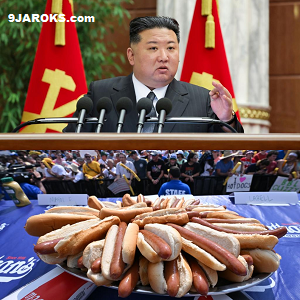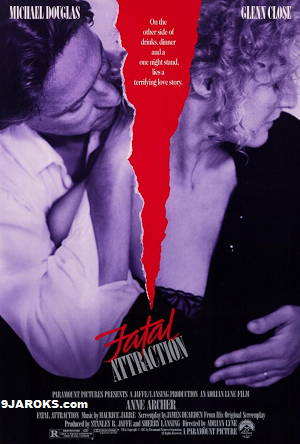North Korean: Kim Jong-Un bans serving of Hot dogs in protest

Hot dogs have purportedly been banned in North Korea as part of a large-scale initiative to root out “Western culture” influences in the region. According to The Sun, Kim Jong Un has reportedly declared serving hot dogs an act of treason. The declaration comes as budae-jjigae, a South Korean dish featuring American-inspired items like hot dogs and spam, gains traction.
Anyone caught selling or preparing hot dogs risks severe consequences, such as imprisonment in North Korea’s notorious labor camps. Reports also indicate that these camps detain divorcees, who may serve months for so-called “anti-socialist” offenses.
In line with the campaign, budae-jjigae, a Korean-American stew with origins in the Korean War of the 1950s, has been banned. The dish, crafted from surplus meats like spam and hot dogs provided by U.S. troops in South Korea, has been popular there for decades and is thought to have entered North Korea around 2017.
Other South Korean-influenced meals, including tteokbokki—steamed rice cakes frequently sold as street food—have also been banned by authorities. Radio Free Asia (RFA) states that vendors in Ryanggang Province have been told they risk losing their stalls if they sell such items.
“There is no more budae-jjigae being sold in the market,” one vendor revealed to The Sun. “Police and market officials have warned that anyone found selling it will face strict punishments.”
Alongside their crackdown on Westernized food, North Korean authorities have strengthened measures against divorce. Reports suggest that individuals seeking divorce may now be sentenced to one to six months in labor camps. A woman who divorced in South Pyongan Province told RFA that women generally face tougher sentences than men.
“Approximately 80 women and 40 men incarcerated in the county labor training camp,” she said. “Roughly 30 of them were detained for offenses related to divorce, and the women’s sentences were significantly longer.”
















